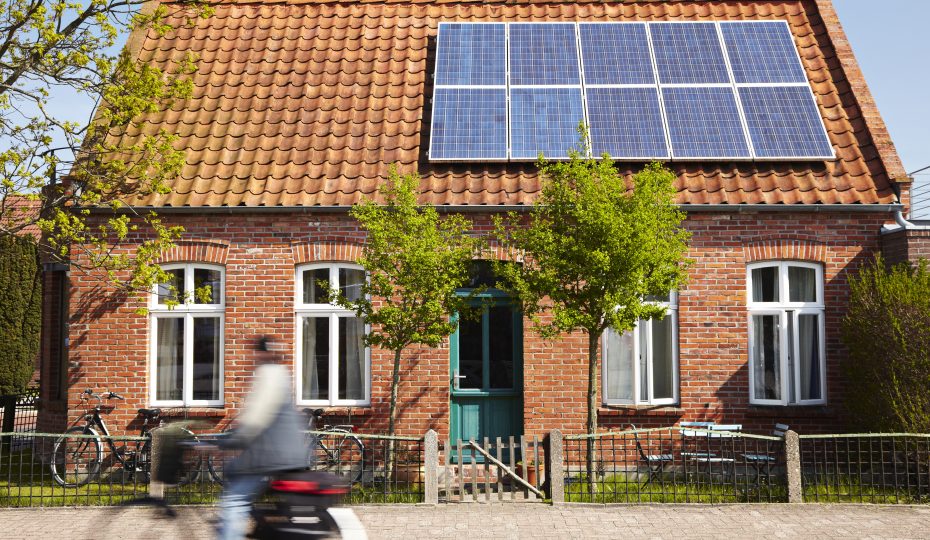The Dutch net-metering regulation has been recently extended until 2023 and from that moment on it will steadily phase out until 2031. This of course sounds like music to the ears of current and future owners of private PV installations.
Selling energy back to the grid
The extension of this regulation allows prosumers to keep on returning the solar produced electricity back to the grid, against the full purchase price for the years to come. The reason behind this decision is simple: to achieve the Paris Agreement, we have to install as many solar panels as possible. Nobody would object to that and we too can only applaud it: we need more sustainable energy solutions.
But is the extension of the regulation the right way to accomplish the goals of the Paris Agreement? Over the past years, the price of solar panel systems has rapidly decreased while the energy production has increased per square meter. Would less people install solar panels if the return on investment would be two or three years longer? We dare to doubt this.
A long way towards flexibility
As we add more renewable energy to our electricity mix in the coming years, we shift from flexible production like gas fired power plants to intermitted renewable energy sources. We can deal with this change by adding flexibility and storage to the demand side of our energy system. A possible solution for this challenge, is home battery systems which enables us to store generated energy locally so we can draw it down when there’s no sunlight. Or in those moments during the day in which there’s a higher demand. As long as the net-metering can be applied to 100% of our self-produced energy there is no financial incentive for us as prosumers to store our excess solar electricity in home battery systems.
In conclusion, given the current low costs of solar panel systems and the big need for storage capacity, wouldn’t it be better to use this subsidy to develop more sustainable forms of energy storage through the development of home storage? The continuously decreasing price of batteries and the unnecessary stimulation of small-scale generation will probably put a hold on the development of home batteries for at least another five years. We think that we are missing the chance to develop innovative home battery solutions, which is necessary to unburden the grid.
Author: Lucien Joppe, Managing Partner at Faraday Keys



 +31-208-208-765
+31-208-208-765





